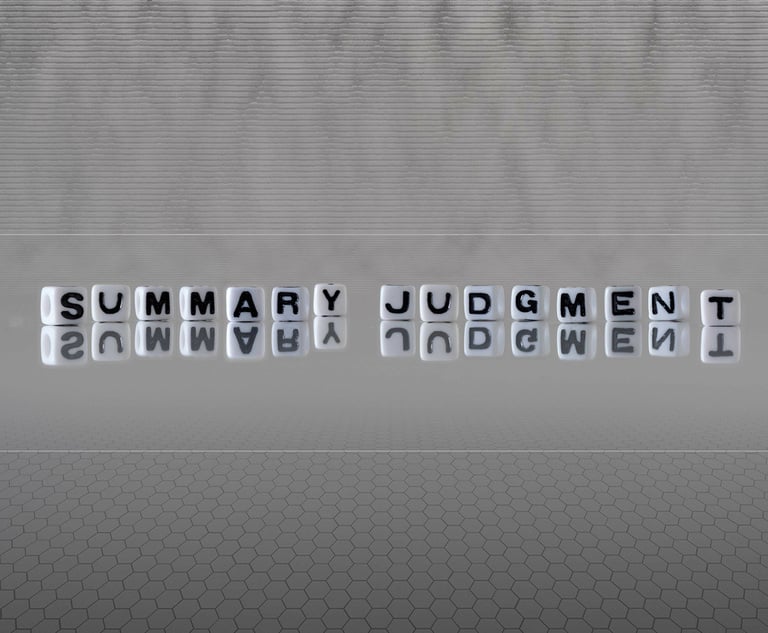While more general questions about the use of artificial intelligence remain pending as noted in the above editorial, regulation of AI in the employment context proceeds. New York City rules on the use of AI in hiring and promotion are scheduled to take effect on July 5, 2023. And the federal Equal Employment Opportunity Commission (EEOC) recently issued non-binding technical guidance for employers on how to avoid illegal disparate impact discrimination when employing AI in the workplace. Disparate impact discrimination is broadly defined as use of a facially neutral standard or practice that nonetheless works to the disadvantage of a group protected by law. For example, a 5’10″ height requirement that is applicable to all job applicants but that screens out many, many more women than men.
The EEOC’s guidance is important for New Jersey employers not just because most are subject to Title VII of the Civil Rights Act of 1964, but also because New Jersey courts generally look to federal standards when interpreting our Law Against Discrimination. The EEOC’s recommendations for employers/statements of its position on liability for disparate impact related to AI-powered employment tools include:


 Credit: tomertu/Adobe Stock
Credit: tomertu/Adobe Stock




